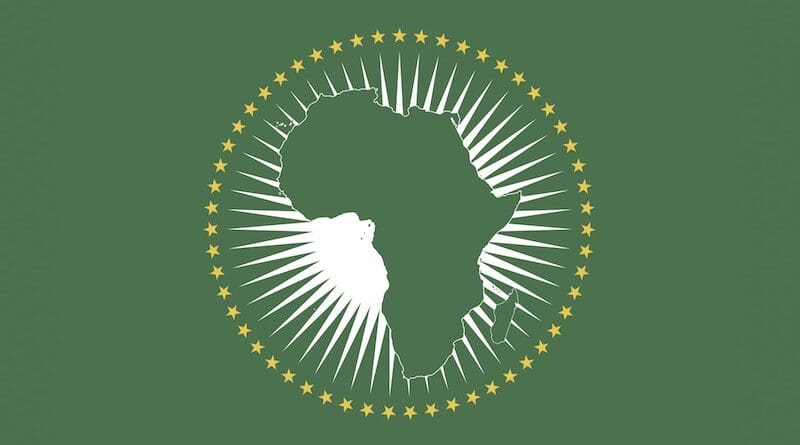African Union Joining West African Effort to Resolve Ivory Coast Crisis
By VOA
African leaders are continuing efforts to resolve Ivory Coast’s political crisis as U.N. peacekeepers try to investigate suspected human rights violations that may have followed the disputed election. The crisis is sending more Ivorian refugees across the border into Liberia.
Kenyan Prime Minister Raila Odinga joins the presidents of Benin, Sierra Leone, and Cape Verde Monday in meeting with Ivory Coast’s incumbent president Laurent Gbagbo.
Mr. Odinga is the African Union mediator to Ivory Coast’s political crisis and joins efforts by the Economic Community of West African States following talks in Abuja Sunday with the current head of the regional alliance, Nigerian President Goodluck Jonathan.
President Jonathan says the ECOWAS alliance will decide on further steps by Tuesday after hearing back from this second round of talks with Mr. Gbagbo.
ECOWAS is considering the use of military force to remove Mr. Gbagbo, whose claim to the presidency is based on the country’s constitutional council annulling as fraudulent nearly ten percent of all ballots cast. The United Nations certified results showing that former prime minister Alassane Ouattara won the vote.
ECOWAS, the African Union, the United Nations, and most of the international community support Mr. Ouattara’s claim to the presidency.
U.N. spokesman Martin Nesirky says Secretary General Ban Ki-moon telephoned Mr. Ouattara to reaffirm the U.N.’s “unwavering” support and the determination of U.N. peacekeepers to gain access to alleged mass graves.
Mr. Ouattara says Gbagbo militants are killing his supporters, and he wants the International Criminal Court to investigate. The United Nations estimates that more than 170 people have been killed in post-election violence.
“When there is political instability in a country, there is much greater opportunity for these types of crimes to occur,” said Jeremy Sarkin, who chairs the U.N.’s working group on enforced or involuntary disappearances. “And while there are reports of these particular events, we are concerned particularly what’s going to happen going forward.”
Mr. Gbagbo says it is U.N. peacekeepers who are attacking Ivorian civilians and he wants those troops to leave. In an interview on state-run television, Mr. Gbagbo said U.N. troops opened fire on civilians Wednesday in Abidjan, wounding two people. He said it is not the role of U.N. forces to shoot people or fight a war. It is their job to reassure people, but Mr. Gbabgo says they are no longer doing that, so they should leave.
U.N. peacekeepers would be compelled to leave a country at the head of state’s request, as they did this past year in Chad. But the United Nations no longer recognizes Mr. Gbabgo’s authority and has seated in New York a new Ivorian ambassador named by Mr. Ouattara.
The political crisis has sent nearly 20,000 Ivorian refugees into Liberia where most are living with local families in Nimba County.
“They speak the same language which has eased their communication but also their integration,” said Ibrahima Coly, who works for the U.N. refugee agency in Liberia. “And during our monitoring we have noticed also that some refugees are going together with families to the farm or whatever activity they are undertaking.”
Most of the refugees are women and children. The World Food Program is airlifting high-protein biscuits from Ghana as part of an initial plan to help meet the needs of these refugees for the next 45 days.

